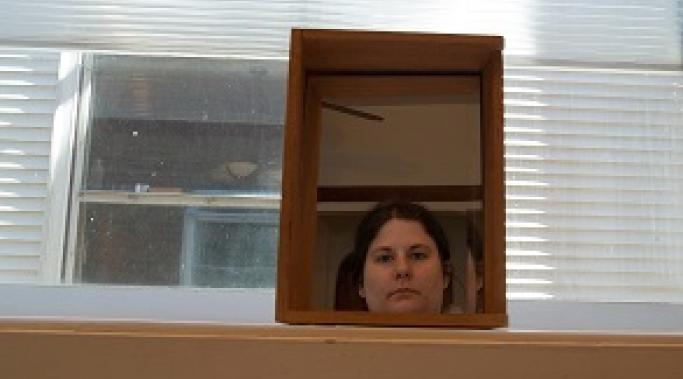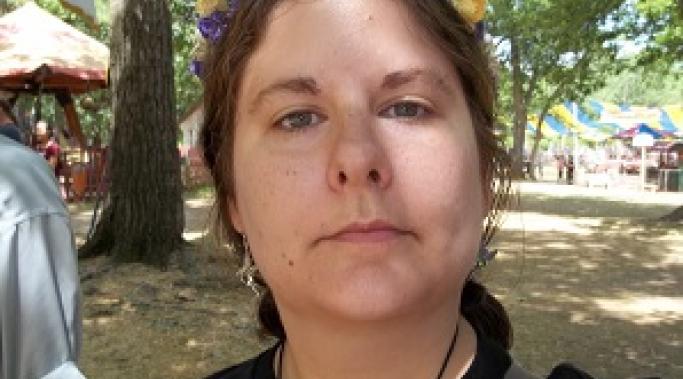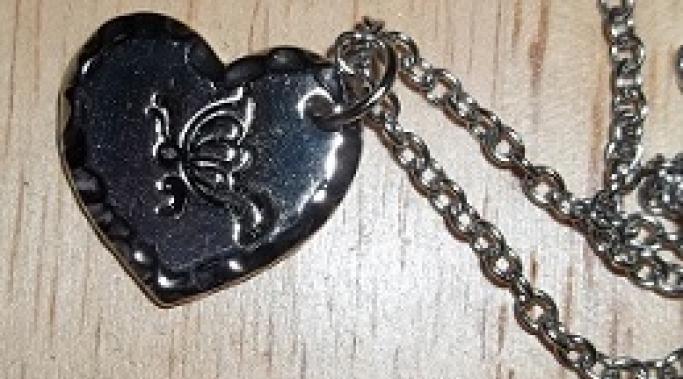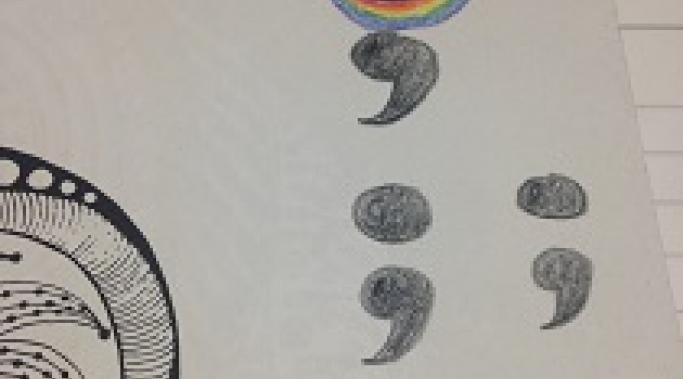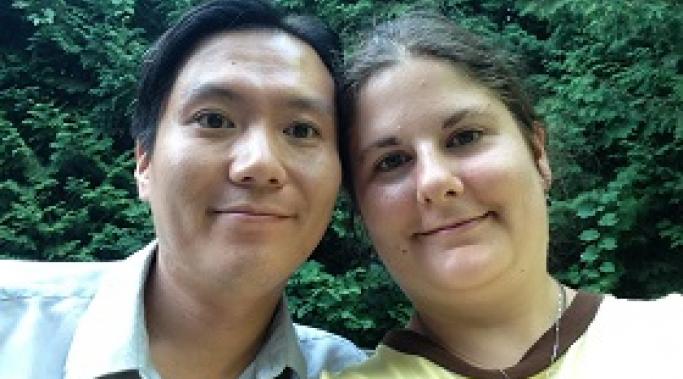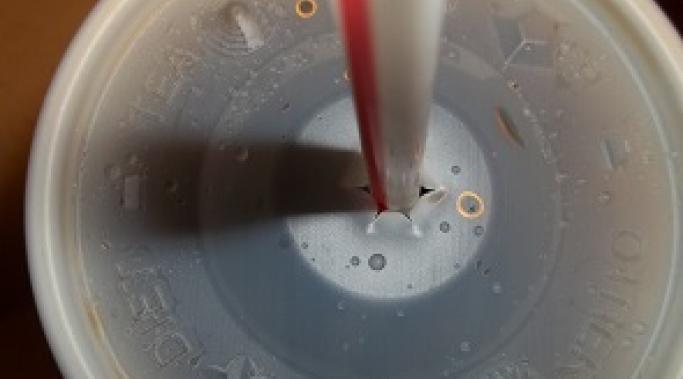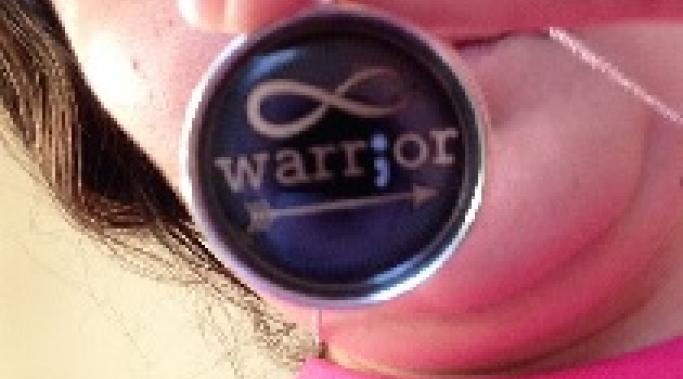I have schizoaffective disorder, which is a combination of schizophrenia and bipolar disorder. I recently completed a partial hospitalization for a schizoaffective disorder program, and taking the train to the hospital every day reminded me so much of the time, nine years ago, when my schizoaffective symptoms got so bad that I was admitted as an inpatient in the psychiatric ward of this same hospital. Here’s what it’s like to experience hospitalization for schizoaffective disorder or any mental illness.
Creative Schizophrenia
I do miss the voices in my head occasionally. Most people who hear voices in their head would give anything to get rid of this scary and disruptive symptom of schizophrenia and schizoaffective disorder (Auditory Hallucinations: What's It Like Hearing Voices?). I’m one of them. Yet sometimes I wish I could have an episode of hearing those voices in my head. Here’s why.
Help for suicidal thoughts in the hospital is important. In recent weeks, I spiraled into negative thinking patterns that induced suicidal thoughts. Usually, I have a pretty good handle on my schizophrenic or schizoaffective symptoms, but this time I knew I needed professional help. Here’s what I did to get help for suicidal thoughts related to my schizoaffective disorder.
*** Warning: this post contains frank discussions of suicide and suicidality. ***
Feeling suicidal when you live with schizophrenia and schizoaffective disorder is common, and I’m no exception (Schizophrenia, Schizoaffective Disorder, Suicidal Ideation). I’ve been feeling suicidal with schizoaffective disorder for over a decade—even when things are going well, the possibility of suicide has lurked in the back of my mind like a sleeping monster. And right now, not only do I have schizophrenic and schizoaffective symptoms to worry about, but the world seems to be falling apart around me.
You don’t need schizoaffective disorder to wish you had the ability to go back in time to see if things would have worked out differently if you had known when you were younger what you know now. I’ll be honest with you, not a day goes by that I don’t wonder--if I had made different choices in my teens, would I still have gotten schizoaffective disorder (Causes of Schizoaffective Disorder)?
Schizophrenia or schizoaffective disorder doesn't have to stop you from having a business. Schizophrenic.NYC. founder Michelle Hammer, a native New Yorker, chatted with me about her business and how it helps homeless people with mental illnesses like schizophrenia and schizoaffective disorder in New York City.
As someone with bipolar disorder—and, really, as someone with a mental illness in general—Carrie Fisher meant a lot to me and other people with schizophrenia or schizoaffective disorder (Carrie Fisher and Manic Depression). I think I speak for many of us in the schizophrenic and schizoaffective community when I say she will be missed—an understatement to say the least. Here is what Carrie Fisher meant to me as a person with schizoaffective disorder.
Telling others about your schizoaffective disorder or schizophrenia can be tricky, often because of the stigma surrounding these illnesses (Telling Someone You Have a Mental Illness). Other people may have incorrect preconceived notions about these illnesses, such as the myth that a person with schizophrenia or schizoaffective disorder is violent. Here’s how I approach telling other people about my schizoaffective disorder.
Those of us with schizophrenia or schizoaffective disorder may have to decrease our sugar intake because a lot of the medication for schizophrenia or schizoaffective disorder makes us crave sugar (Psychiatric Drugs and Weight Gain). To lighten the load, I am cutting out sugared sodas right on the heels of dropping alcoholic beverages. Let me tell you how decreasing sugar intake in my schizoaffective disorder is going.
It’s hard enough having schizophrenia or schizoaffective disorder but the stigma against schizoaffective disorder and schizophrenia is something else to fight. Some people have unfriended me on Facebook because I tell them I have schizoaffective disorder. I didn’t do or say anything “crazy.” Just my open admission that I have the disorder was enough. That’s just one example of what happens when someone is uninformed and clings to stereotypes about what I am like--what anyone is like—who has schizophrenia or schizoaffective disorder.
